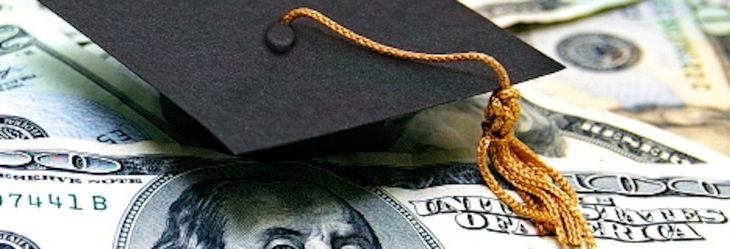Private school tax credit measure clears Senate Revenue & Tax panel
by April 14, 2021 4:19 pm 899 views

A program that would create a tax credit scholarship for impoverished students to attend private schools was passed Wednesday (April 14) during the state Senate Tax and Revenue Committee meeting.
SB 680, also known as the “Philanthropic Investment in Arkansas Kids Program Act” will be capped at $2 million and will help up to 250 students in the state each year, bill sponsor Sen. Jonathan Dismang, R-Beebe, told the committee.
For a student to qualify, their family must have an annual income that is less than or equal to 200% of the federal poverty guidelines. The credits and application process will be handled by the Arkansas Department of Finance and Administration (DF&A). Credits will be given on a first come basis. It will cost DF&A about $100,000 per year to handle the program, according to estimates. Taxpayers who donate to the program will get an off-setting tax credit.
Opponents argue that a program is an attempt to subvert funding away from the public school system. Dismang disagreed. He implored his colleagues for a favorable vote noting that probably all of them could afford to send their children to private schools if they chose to do so.
“This is not the end of public schools in Arkansas. It’s the beginning for 250 students,” Dismang said. “This isn’t a game. It matters to 250 families.”
Arkansas Rural Education Association Director Dale Query spoke against the bill prior to the vote. Query said his organization is opposed to attempts to siphon money from public schools to private schools. Query said he and his organization support the formation of a commission to study the education system in the state. It could come up with a comprehensive plan for both public and private schools, and it could study the benefits or drawbacks of shifting funding from public to private schools.
Arkansas Department of Education Secretary Johnny Key told the committee his department has studied the impacts of the bill. He said they determined the bill was “reasonable” and the overall impact to the public school system would be negligible.
The bill now moves to the full Senate.
Another bill that was passed during the meeting, SB 244, would allow for an expansion of the sales tax exceptions that are given for educational tools such as textbooks. The bill, sponsored by Sen. Kim Hammer, R-Benton, would extend the sales tax exemption to electronic devices such as computers used by students.
During the last several years, there has been movement in the school systems towards more technology-based learning methods, and textbooks are in decline. DF&A estimated it will cost $4.5 million to pay for this expansion, but Hammer and DF&A officials acknowledged to him the figure will likely be much lower.
DF&A based the calculations on equipment bought by school districts, but it included equipment bought for teachers and administrators. These expenses would not qualify for the sales tax exemption.
